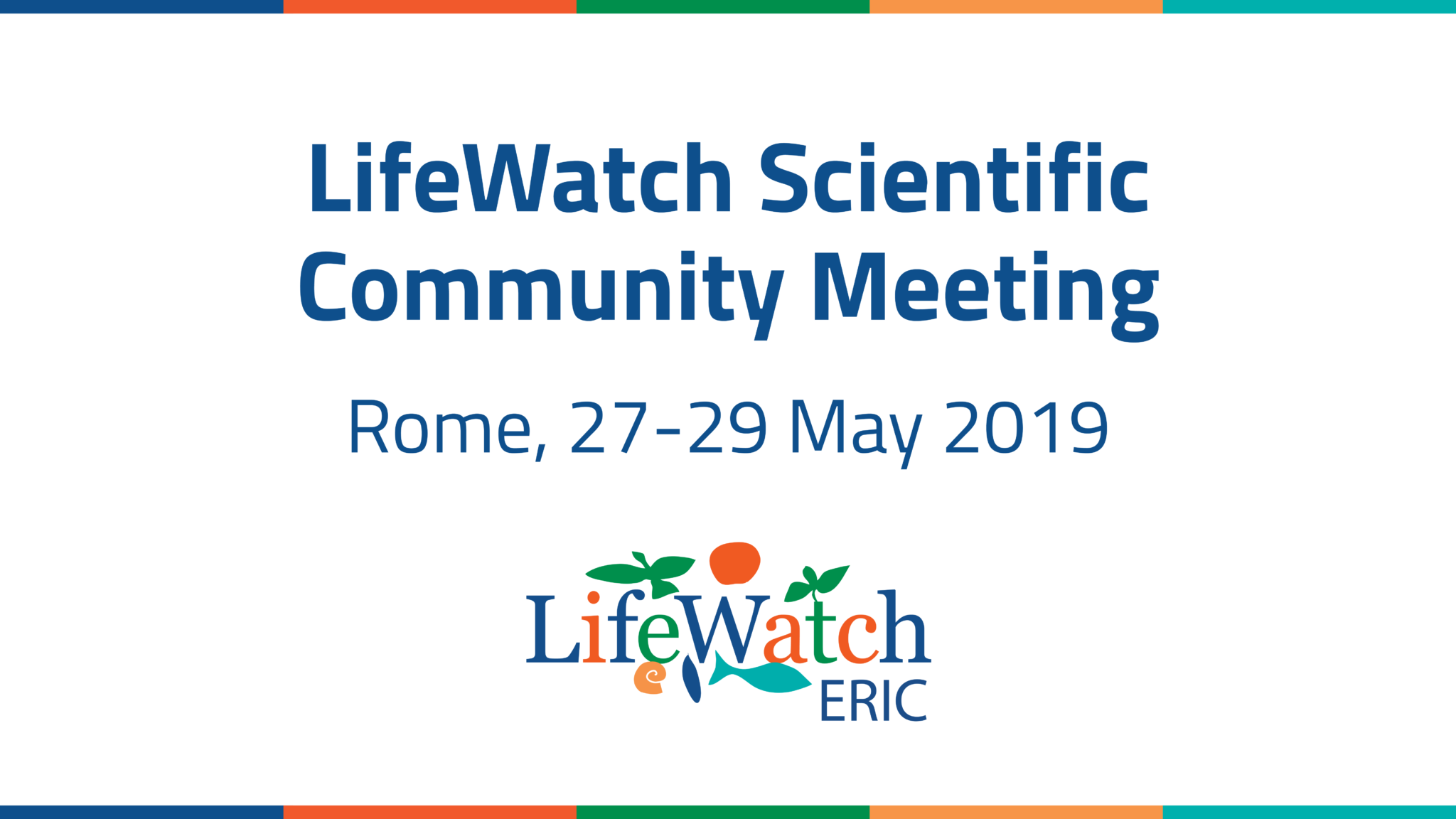Plenary speakers
Plenary speakers
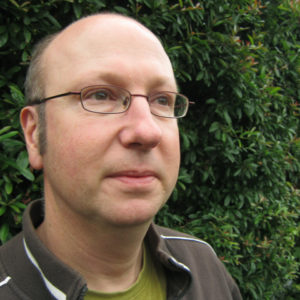
James Bullock
Biodiversity and ecosystem services: How are they linked in the real world?
James Bullock works on the spatial dynamics and management of land and biodiversity, carrying out research into the links between biodiversity and ecosystem services (ES). He is an Individual Merit scientist at the UK’s Centre for Ecology and Hydrology, where he runs interdisciplinary projects on applied issues. In the Wessex-BESS project he quantified biodiversity-ES relationships at landscape scales. He led WISER, validating multiple ES models across sub-Saharan Africa. He is currently running SPEED, developing environmental projections over the 21st century; AgLAND, modelling ES across the UK; and in BESTMAP, an H2020 project, he will be modelling ES across the EU.
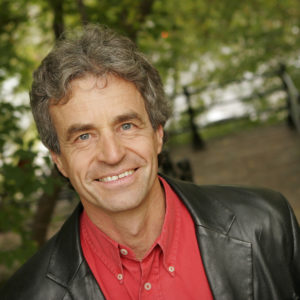
Michel Loreau
Biodiversity and stability of ecological systems: New perspectives on an old debate
Michel Loreau is currently Research Director of the National Centre for Scientific Research (CNRS); he is the director of the Theoretical and Experimental Ecology Station of the CNRS and Paul Sabatier University in Moulis (France). He is a Fellow of the Royal Society of Canada, a Member of the Academia Europaea, and has won numerous scientific awards, and is the author of over 400 scientific publications, among which 7 books and numerous papers in the top disciplinary and multidisciplinary journals. His research goal is to build the theoretical foundations of a new ecological synthesis that integrates the divergent perspectives of community ecology, evolutionary ecology and ecosystem ecology.
Marine Biodiversity and Ecosystem Functioning (& Services)
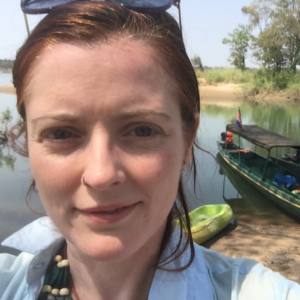
Julie Bremner
Julie Bremner is a Principal Marine Ecologist at the Centre for Environment, Fisheries and Aquaculture Science (Cefas) and the Energy and Food Security Theme Lead at the Cefas-University of East Anglia Collaborative Centre for Sustainable Use of the Seas. Julie has a background in benthic ecology and her science focuses on marine ecological function, human impacts on marine systems and the development of tools for marine biodiversity monitoring and assessment. She is an advisor to governments and industry on issues ranging from energy production to fisheries, biodiversity and conservation. She is also a supervisor and mentor and is passionate about sharing opportunities in the marine sciences.
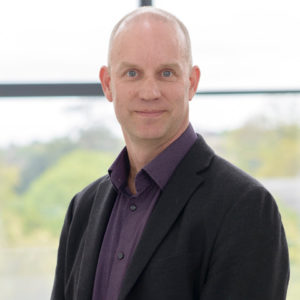
Tasman Crowe
Prof. Tasman Crowe is Director of the Earth Institute at University College Dublin. His research characterises individual and combined impacts of multiple stressors on marine benthic ecosystems. He has also worked on biomonitoring, eco-engineering, invasive species, protected areas and the cultural value of ecosystems. He has published over 90 papers and edited Marine ecosystems: human impacts on biodiversity, functioning and services. He is on the editorial board of CUP’s Ecology, Biodiversity and Conservation Series and Ireland’s National Biodiversity Forum. He is currently President of the European Marine Biology Symposium and his group will be hosting the symposium in Dublin in August 2019.

Juanjo Dañobeitia
The challenge of continuous monitoring the deep sea and its benefits to understand the fundamental processes in global changes Professor in Marine Geophysics at National Research Council (CSIC), Madrid, and Director General of EMSO-ERIC. Former Director of Large Marine and Polar Spanish National Facilities. Over 30 years of experience in leading national and international research on Marine science and technology, including seafloor observatories. Author of > 150 referred publications, Director of several PhD and MA. Working with/at different European Universities and Technological Centres (U. Barcelona, Polytechnic U. Barcelona, U. Complutense Madrid, U. Cambridge, U. Oxford (UK), U. Utrecht, GEOMAR). Orden de Isabel la Católica” for contribution in Antarctic Research, Ministry of Foreign Affairs, “Orden Mérito Civil “for his exceptional contribution in Marine Science & Technology, given King Felipe VI. |

Roberto Danovaro
Towards a global Census of deep-sea Biodiversity
Roberto Danovaro is Full Professor at the Università Politecnica delle Marche. Since December 2013, he has been President of the Zoological Station Anton Dohrn of Naples. He is past President of the Italian Association of Oceanology and Limnology, of the European Federation of Marine Sciences and Technologies, of the Italian Society of Ecology. He is coordinator of the group BES Environment of ISTAT, vice-Rector for Research at the Università Politecnica delle Marche. He has been Top Italian Scientist since 2015, and member of the Faculty of 1000 Biology. He was awarded with the Medaille d’or de l’institut Oceanographique de Paris (2010), the World Biology Prize of BioMedCentral (2011), and the ENI Award Protection of the Environment (2013). Roberto Danovaro investigates biodiversity and functioning of marine ecosystems through a cross-disciplinary approach. He has published more than 300 articles in international reviews, including Nature, Science and PNAS.

Mike Elliott
The path to an integrated marine management systems analysis approach to protect biodiversity
Mike is the Professor of Estuarine and Coastal Sciences at the University of Hull, UK and was Director of IECS from 1996-2017 (http://www.hull.ac.uk/iecs). He is a marine biologist with a wide experience and interests and his research, advisory and consultancy includes estuarine and marine ecology, policy, governance and management. Mike has published widely, co-authoring/co-editing 18 books/proceedings and >270 scientific publications. He is also a member of several national and international committees linking marine science to policy.
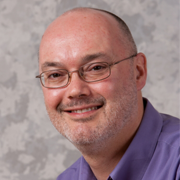
Paul J. Somerfield
The path to an integrated marine management systems analysis approach to protect biodiversity
Mike is the Professor of Estuarine and Coastal Sciences at the University of Hull, UK and was Director of IECS from 1996-2017 (http://www.hull.ac.uk/iecs). He is a marine biologist with a wide experience and interests and his research, advisory and consultancy includes estuarine and marine ecology, policy, governance and management. Mike has published widely, co-authoring/co-editing 18 books/proceedings and >270 scientific publications. He is also a member of several national and international committees linking marine science to policy.
Data Analysis, Modelling and Supporting Disruptive Technologies
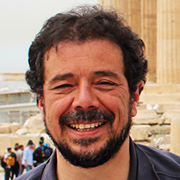
Pedro Beja
Next Generation Sequencing: opportunities and challenges of a disruptive technology for biodiversity assessment and monitoring
Pedro Beja, born 1965 (Lisbon); PhD (1995, University of Aberdeen). Currently is Research Professor and Vice-Director of CIBIO – Research Centre in Biodiversity and Genetic Resources, University of Porto. Holder of the EDP Biodiversity Research Chair (since 2012), and PI of the Applied Population and Community Ecology research group. His research interests are related to the conservation of biodiversity in human-dominated landscapes, including agricultural, forest and freshwater systems. Recently he is increasingly interested in the use of DNA Metabarcoding to explore questions related to environmental monitoring, species-interactions, and biodiversity responses to anthropogenic stressors.
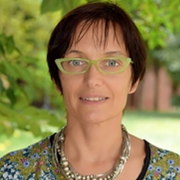
Annalisa Bracco
CYCLE: (ConnectivitY of CoraL Ecosystems) in the northern Gulf of Mexico. Integrating field studies, modeling and state-of-the-art genetic approaches for informed decisions in marine protected areas
Annalisa Bracco is Professor of Physical Oceanography and chair of the Scientific Committee of the Ocean Science and Engineering program at the Georgia Institute of Technology. Her research focuses on ocean transport and mixing at scales from 0.1 to 100 kilometers. She aims at integrating data and model simulations, linking physical advective processes to the distribution of tracers and pollutants in the ocean. She was the recipient of the 2011 Nicholas Fofonoff Award by the American Meteorological Society. She is the co-chair of the Scientific Steering Committee of CLIVAR (Climate and Ocean Variability, Predictability and Change), a core project of the World Climate Research Programme.

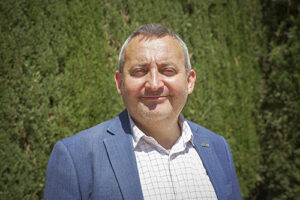
Juan Miguel González-Aranda
LifeBlock, the LifeWatch ERIC Blockchain platform in support of Biodiversity & Ecosystem Communities of Practice
Juan Miguel González-Aranda is Acting Chief Technology Officer at LifeWatch ERIC and Technical Director of its distributed ICT CORE e-Infrastructure in Seville, Spain. Previously, he worked for the Spanish Ministry as Head of Unit for Nanomaterials and e-Science & e-Infrastructures, collaborating with other EU Member States and the EC as Ministry Delegate for the e-Infrastructures Reflection Group e-IRG, H2020 Digital ERA Forum Agenda and the EOSC, and he was at the Spanish Council for Scientific Research (CSIC) as Technical Director of Doñana Natural Area Singular S&T Research Infrastructure. Juan Miguel is an expert on Regional Innovation Strategies for Smart Specialisation (RIS3), EU Structural and Investment Funds, and has supported the establishment of other Environmental ESFRIs and initiatives.
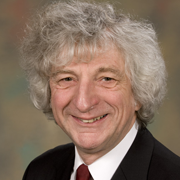
Keith Jeffery
VRE: The Future of Research
Keith Jeffery is an independent consultant working on EPOS, ENVRIplus and ENVRIFAIR as well as on advanced CLOUD computing and Virtual research Environments. He is past Director IT at STFC with 360,000 users, 1100 servers and 140 staff. Keith holds 3 honorary visiting professorships, is a Fellow of the Geological Society and the British Computer Society, a Chartered Engineer & IT Professional and an Honorary Fellow of the Irish Computer Society. Keith is past-President of ERCIM and euroCRIS, and serves on international expert groups, conference boards and assessment panels. He has advised government on IT. He chaired the EC Expert Groups on GRIDs and on CLOUD Computing.
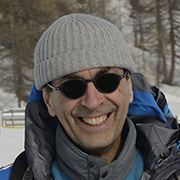
Antonello Provenzale
Modelling climate impacts on ecosystems and biodiversity: light and dark sides
Director of the Institute of Geosciences and Earth Resources, CNR. Research on climate-geosphere-biosphere interaction and ecosystem dynamics. Invited professor at the Université Pierre et Marie Curie in Paris, Ecole Normale Superieure in Paris, Faculty member of the Program on Geophysical Fluid Dynamics at WHOI, MA, USA. JILA Fellow of the University of Colorado. Dozor Fellow at the Ben Gurion University in Israel. Recipient of the Golden Badge Award of the European Geophysical Society (EGS). Coordinator of the EU H2020 Project “ECOPOTENTIAL: Improving Future Ecosystem Benefits Through Earth Observations”. Author of more than 160 publications in ISI journals.
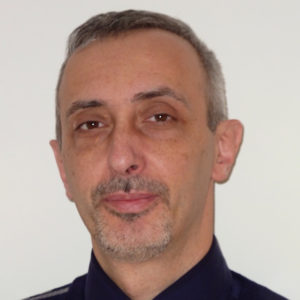
Davide Salomoni
Challenges and opportunities for the realization of a federated, international life science data lake.
Davide Salomoni is Director of Technology at the Italian National Institute for Nuclear Physics (INFN). He has 28 years of international experience in private and public environments on distributed computing and communication technologies. He coordinated INDIGO-DataCloud, a 26-partner EU project that delivered innovative open source solutions for hybrid distributed infrastructures. He contributes to several EU initiatives and is member of various national and international groups and technology transfer programs. He teaches the course “Infrastructures for Big Data Processing” at the University of Bologna in the Bioinformatics department and in the PhD degree in Data Science and Computation.
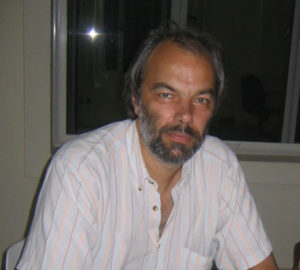
Georg Umgiesser
Numerical Modelling in European Environmental Infrastructures
Dr Georg Umgiesser, M.Sc in Oceanography (1986) and M.Sc in Physics (1997) at University of Hamburg, Germany, Ph.D in Biomedical Sciences (2009) at University of Klaipeda, Lithuania. Senior scientist at ISMAR-CNR Venice since 1992. He created the modelling framework SHYFEM that is used in the modelling of lagoons and the coastal zone by many groups. He wrote more than 200 papers between refereed journals (95 on ISI). He is a member of the ETWCH-4 expert team of JCOMM on Waves and Coastal Hazards and is responsible ISMAR in the MONGOOS (ex MOON) network. In the new ESFRI infrastructure Danubius-RI he is the Italian responsible and the leader of the thematic modelling node.
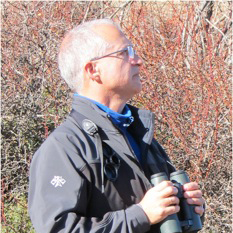
Regino Zamora Rodríguez
Sierra Nevada Thematic Center as a Proof of Concept for LifeWatch
Regino Zamora is Professor of Ecology at the University of Granada. His main field of research is the study of the ecology of plant-animal interactions and their consequences on ecosystem processes. He has published more than 200 research papers, most of them in international journals. He has collaborated with the Spanish Ministery of Science in the planification and evaluation of scientific activity in Spain in the last 15 years, and has been President of the Spanish Association of Terrestrial Ecology (AEET). He is currently an Associate Editor of the OIKOS Journal. Its academic and research activity is complemented by ongoing collaboration with public administrations, promoting the transfer and application of scientific knowledge to the management of ecosystems. In this sense, he is the scientific coordinator of the Global Change Monitoring Program in Sierra Nevada.
